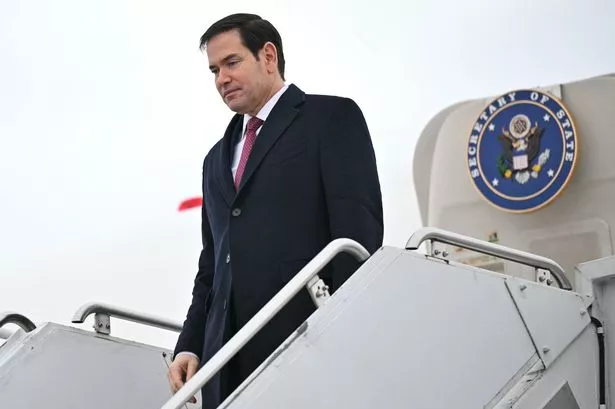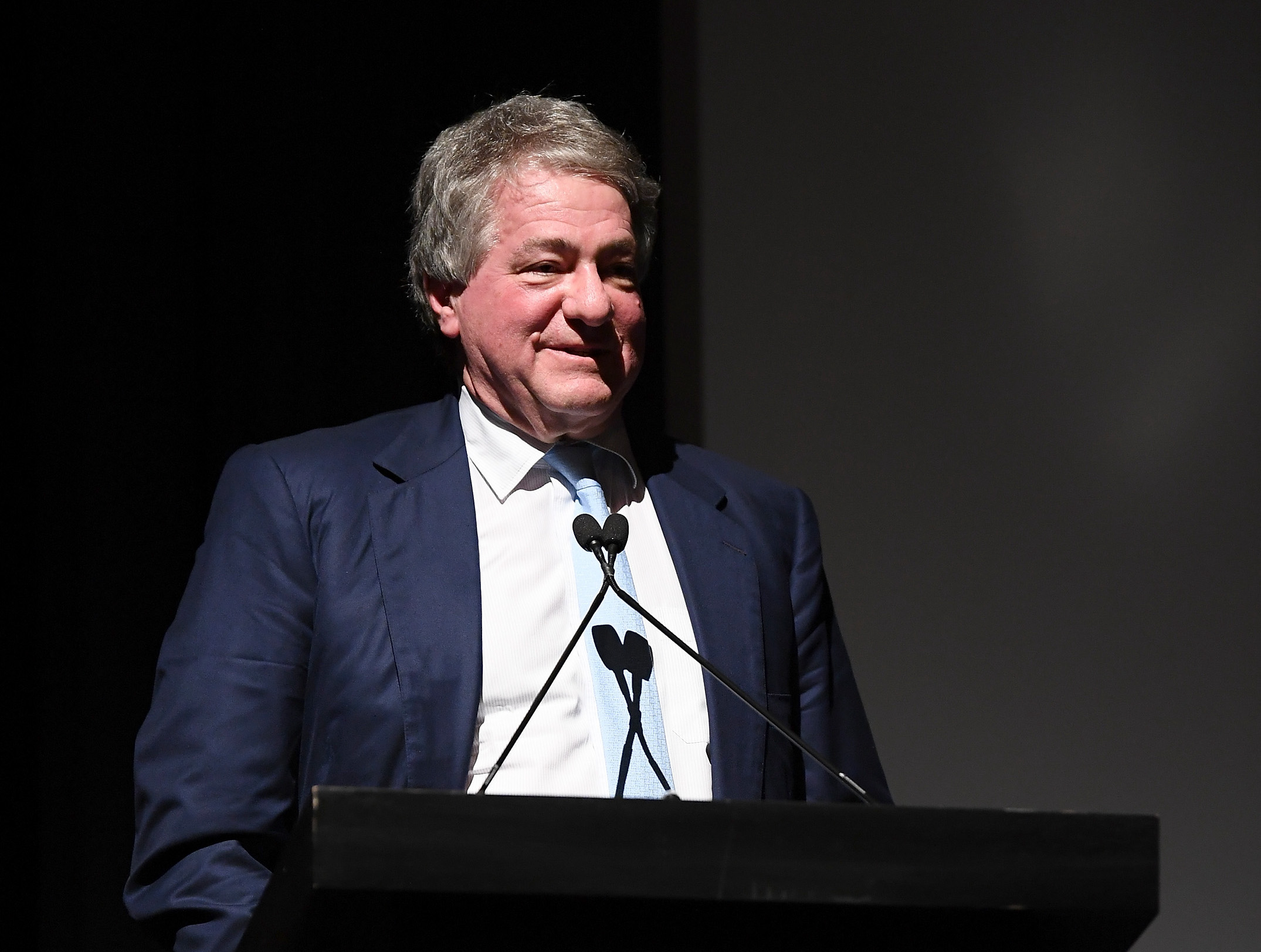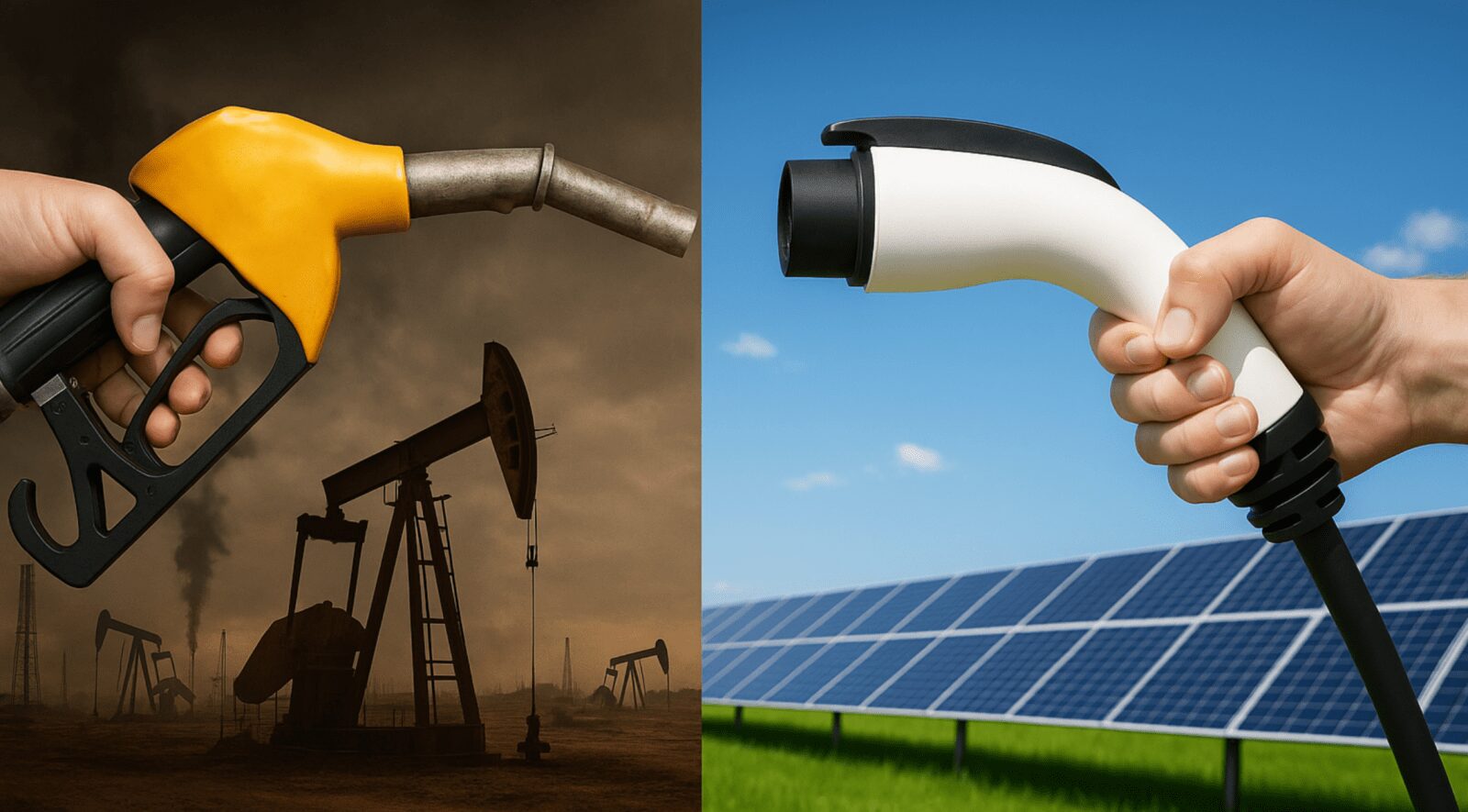UPDATE: Top diplomats from the G7 nations are convening in Niagara-on-the-Lake, Canada this week as urgent discussions unfold over escalating trade tensions, defense funding, and geopolitical crises. Meeting just hours ago, Canadian Foreign Minister Anita Anand emphasized the need for collaboration to ensure the safety and security of citizens amid rising global instability.
The summit is marked by President Donald Trump’s controversial demands for NATO allies to allocate 5% of their annual GDP to defense spending—a call that has met with resistance from several member nations. Trump’s strained relationships with key allies are further complicated by his positions on the Russia-Ukraine war and the ongoing conflict in Gaza.
“Despite trade pressures, the relationship has to continue across a range of issues,” Anand stated just before the summit. She is set to host U.S. Secretary of State Marco Rubio and officials from Britain, France, Germany, Italy, and Japan. The meeting will also include foreign ministers from non-G7 nations like Australia, Brazil, and India.
Early Wednesday, diplomats will meet with Ukraine’s foreign minister, where the crisis in the region will be a focal point. The UK government announced it will provide $17 million to assist Ukraine’s energy infrastructure as winter approaches, amid fears of increased Russian attacks. “Putin is trying to plunge Ukraine into darkness,” said UK Foreign Secretary Yvette Cooper, emphasizing the necessity of British support.
Tensions have been heightened by Trump’s recent trade disputes with Canada, particularly over tariffs. The meeting follows a turbulent few months, with Canada expressing readiness to resume trade talks once the U.S. is prepared. Anand remarked that the ongoing discussions are crucial for not only trade but also for broader international security issues, including maritime security and supply chain resilience.
Throughout the two-day summit, participants will also address long-term peace initiatives in the Middle East, with Anand insisting that “the peace plan must be upheld.” The G7’s collective stance on the Israel-Hamas conflict has diverged, with countries like Canada and the UK openly recognizing a Palestinian state without preconditions.
The summit signifies a critical moment for international relations as the G7 navigates Trump’s unpredictable foreign policy stance, especially regarding the Russia-Ukraine war. As the diplomats tackle these pressing issues, their ability to find common ground will be paramount in shaping global stability.
In the coming hours, more developments are expected as negotiations progress. Observers worldwide will be watching closely to see if the G7 can unite in addressing these challenges and how Trump’s influence will continue to shape the dynamics of international cooperation.
Stay tuned for further updates as this story develops and follow us for the latest news and insights.







